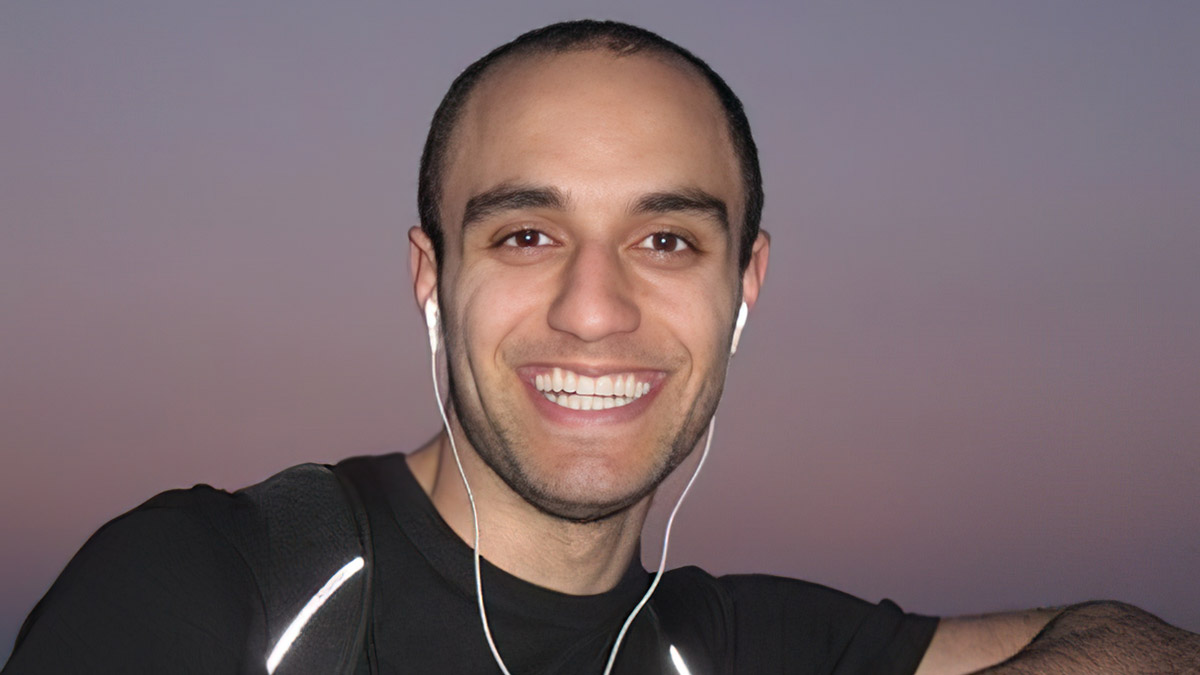Confessions of a Control Freak – Part 5: An Enforcer of Standards
Confessions of a Control Freak is a memoir blog series exploring the impact of Obsessive Compulsive Personality Disorder, its origins, and the rocky path to recovery. Names and identifying details have been changed to protect the privacy of all featured individuals. Subscribe to receive all future posts. More about OCPD here.
I
“What are you doing?
I was seated in the teacher’s office at an English school in Dalian, Liaoning province, China. The room was rectangular, rather pokey, and lined with chipped tables that looked well past the age of retirement.
The question had come from directly behind me. I turned and found Lucy, one of several of our school’s many super-competent assistant teachers, standing there.
She’d plastered a gummy smile to her face, and yet her eyes held raptor-like interest.
Lucy had caught me in the act of editing a classic novel: The Forsyte Saga by British author John Galsworthy. I froze, pen poised above the opening passages.
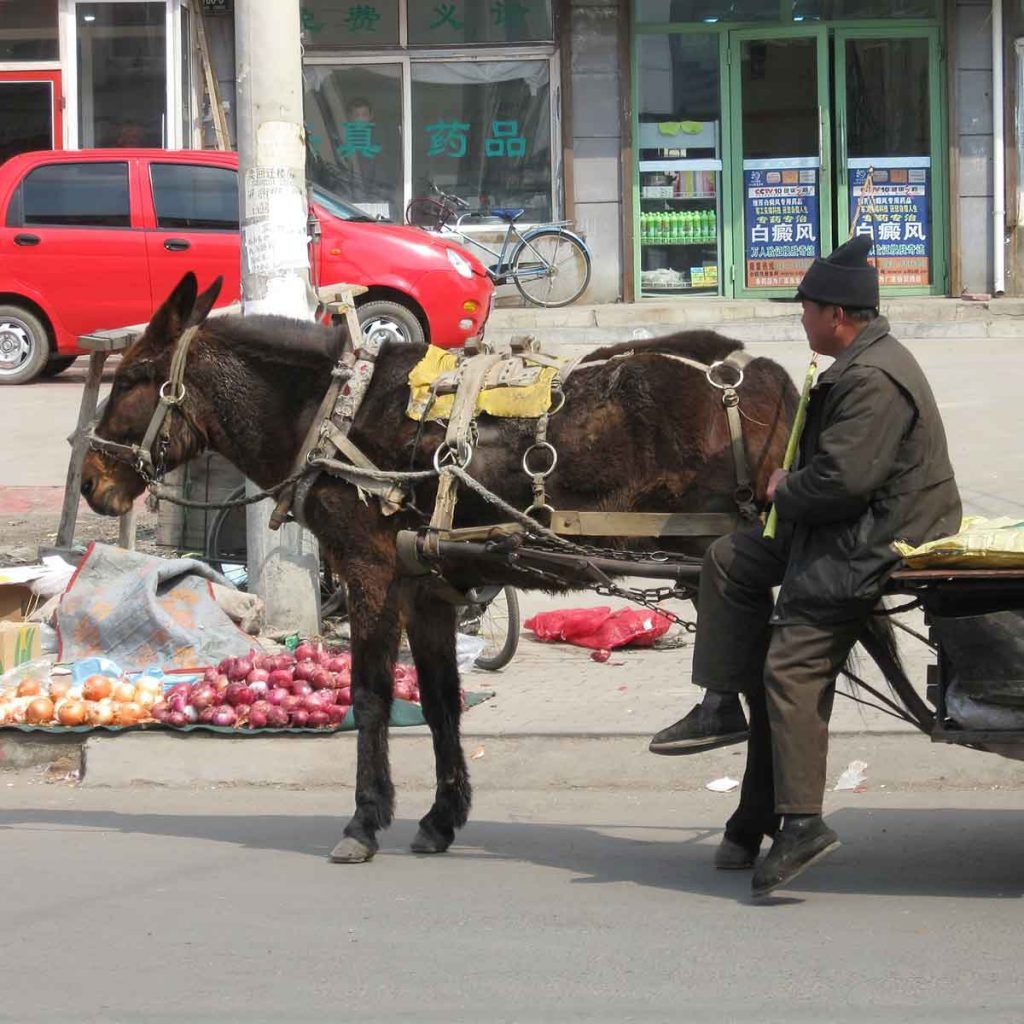
“What am I doing?” I repeated. “I’m fixing it.” And as if to punctuate my point, I crossed out another phrase and scrawled a correction.
Already, I had removed “pale eyes”, “pale and well-shaved”, “pale, brown face”. Next to go were “his cheeks”, “lean cheeks”, “cheek-bones”, and “in her cheeks”.
These minor repetitions were, upon later reflection, probably intentional; meant to convey the blandly similar appearances of Forsyte family members.
Still, the repeated use of the words irked me in some unexplainable way. So much so, in fact, I’d taken it upon myself to address the problem directly, leaving the book resembling something closer to a D-grade paper.
Lucy’s smile remained frozen on her face, but her eyes were now bulging, much in the same fashion they had that one time I’d patted her shoulder.
The gesture had been my way of softening a joke I’d just made. By her response, it was clear that all I’d succeeded in doing was violating a personal or cultural boundary.
When it happened, Lucy and I had been in a van on a freeway. Escape had not been an option for her. Now, however, she had an exit and was steadily inching toward it.
In Lucy’s mind, I was a certifiable weirdo. But what my colleague didn’t understand was that I was simply trying to be equitable.
If I was going to criticize someone, I should be willing to criticize everyone. No one should be spared…least of all a Nobel Prize-winning author.
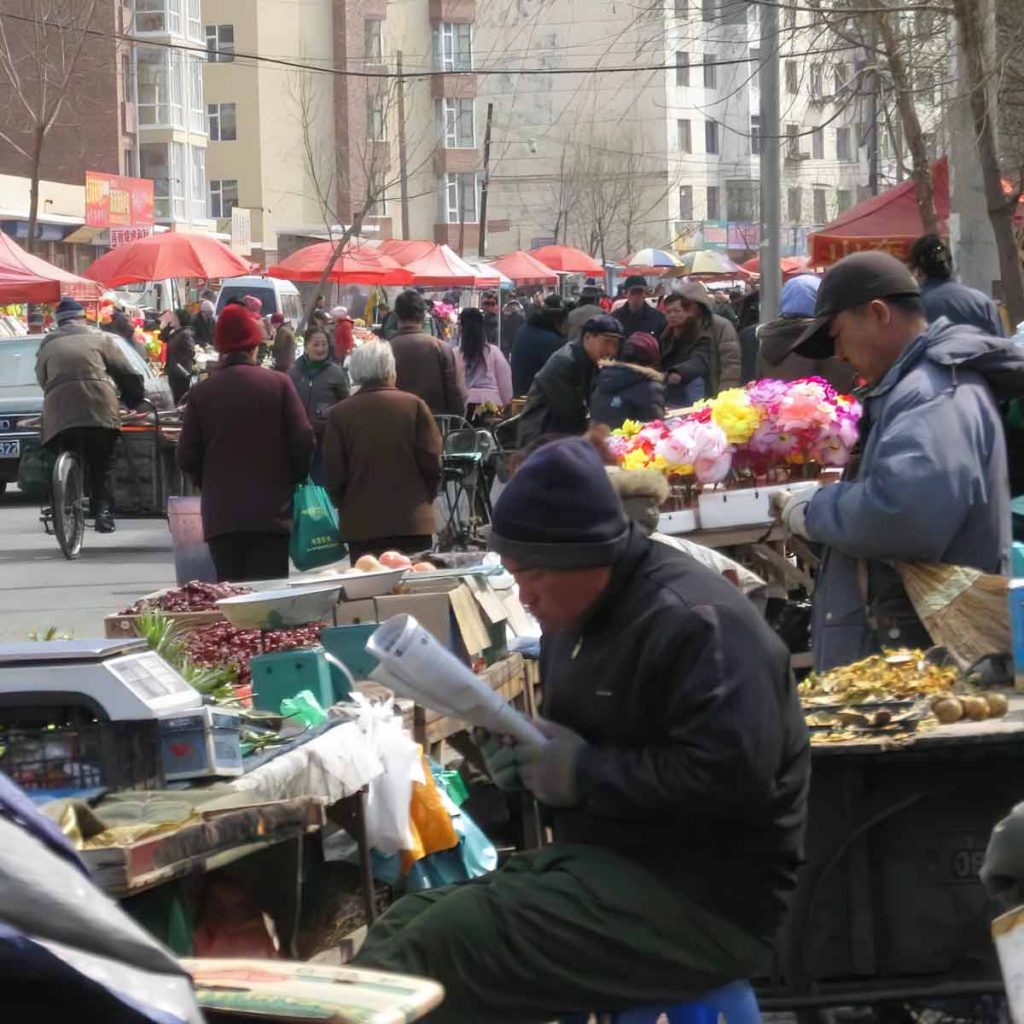
II
I’d arrived in China a month earlier, on a one-way ticket purchased with the help of an unexpected tax return windfall.
My timing perhaps could have been better. Dalian was on the tail-end of a protracted northern winter.
Drifts of hardpack snow still littered the sidewalk, forming muddy, compacted slipways which had to be navigated with the utmost delicacy, lest one be sent skidding into oncoming traffic.
My latest venture abroad was fueled by a single resolution: no matter what, I was going to spend the next year in my current post.
To this purpose, I had brought with me a single, trundling suitcase packed with clothes, boxes of gluten-free bread mix, and a stack of Penguin classic paperbacks.
Having jettisoned my filmmaking ambitions—for what alternative did I have?—I now dedicated myself instead to a new project. I was going to read the best literary works Western culture had to offer.
For this purpose, I had drawn up a regimented reading schedule. The schedule guaranteed that by the elapse of two full years, I would have read the top 100.
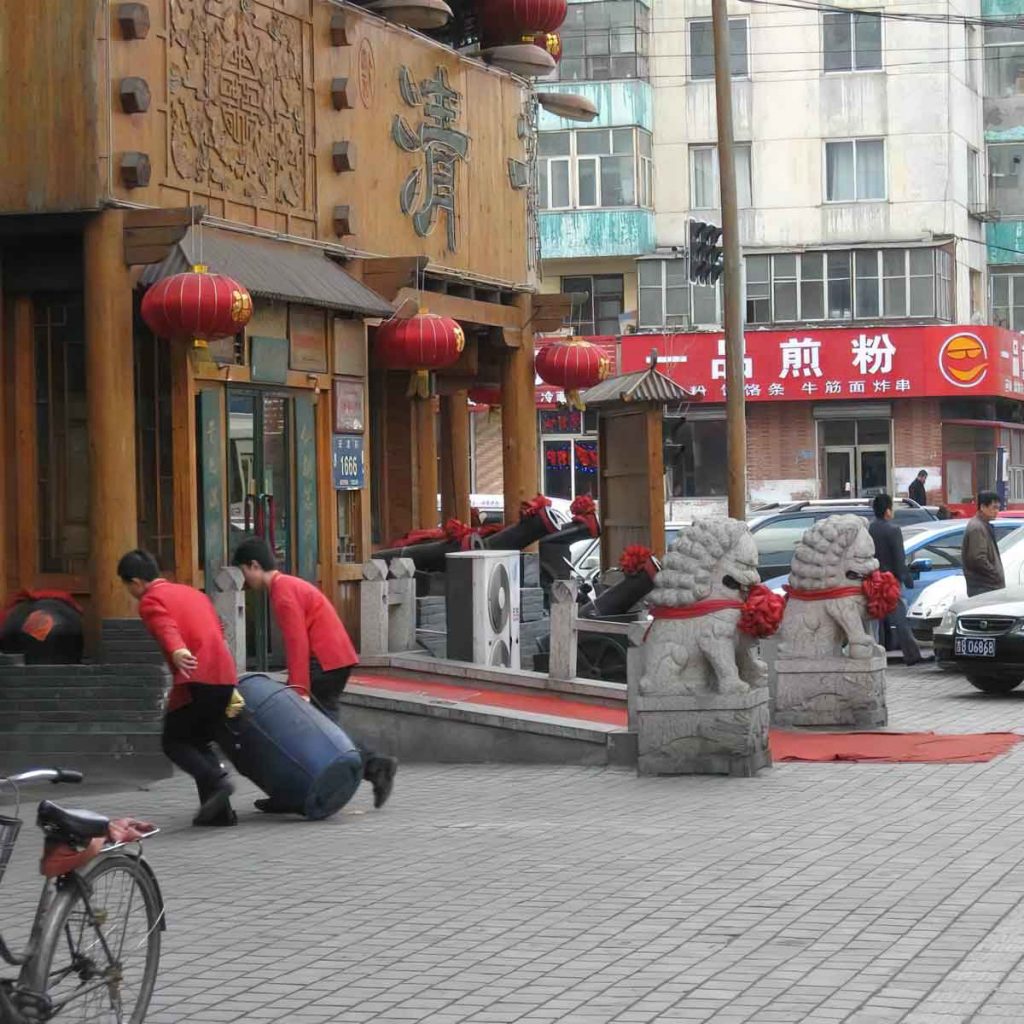
It was an ambitious goal, and one that would not have been possible were it not for the fact my job teaching elementary, middle, and high schoolers basic English only demanded 22 hours of my time a week.
I also had a multipronged strategy. Walking the cobbled streets of northern France months prior, I had managed to complete the 50-hour-plus audiobook adaptation of Les Miserables. By combining traditional reading with audiobooks, I stood a good chance of exceeding my goal.
Of course, aspiring to live abroad while planning to remain indoors reading isn’t exactly the definition of sensible.
I had promised myself that I would go out and experience the people, the places, and the culture, but a combination of factors was rendering it rather difficult.
Namely, the self-consciousness that began the instant I entered any unfamiliar social setting. Coupled with my minimal working knowledge of Mandarin, I found myself more or less housebound.
My fellow English teachers—expatriates from countries like the US, Canada, and New Zealand—made token efforts to include me, including an invitation to eat hot pot.
This was followed a few weeks later by a boozy outing at a bowling alley. I attended with the understanding that this was to be a kind of test; my opportunity to prove that I could be one of them.
The expected method? Demonstrating masculine prowess…prowess I was certain I lacked. Strutting, boasting, and carousing was about as natural to me as oil painting with my toes.
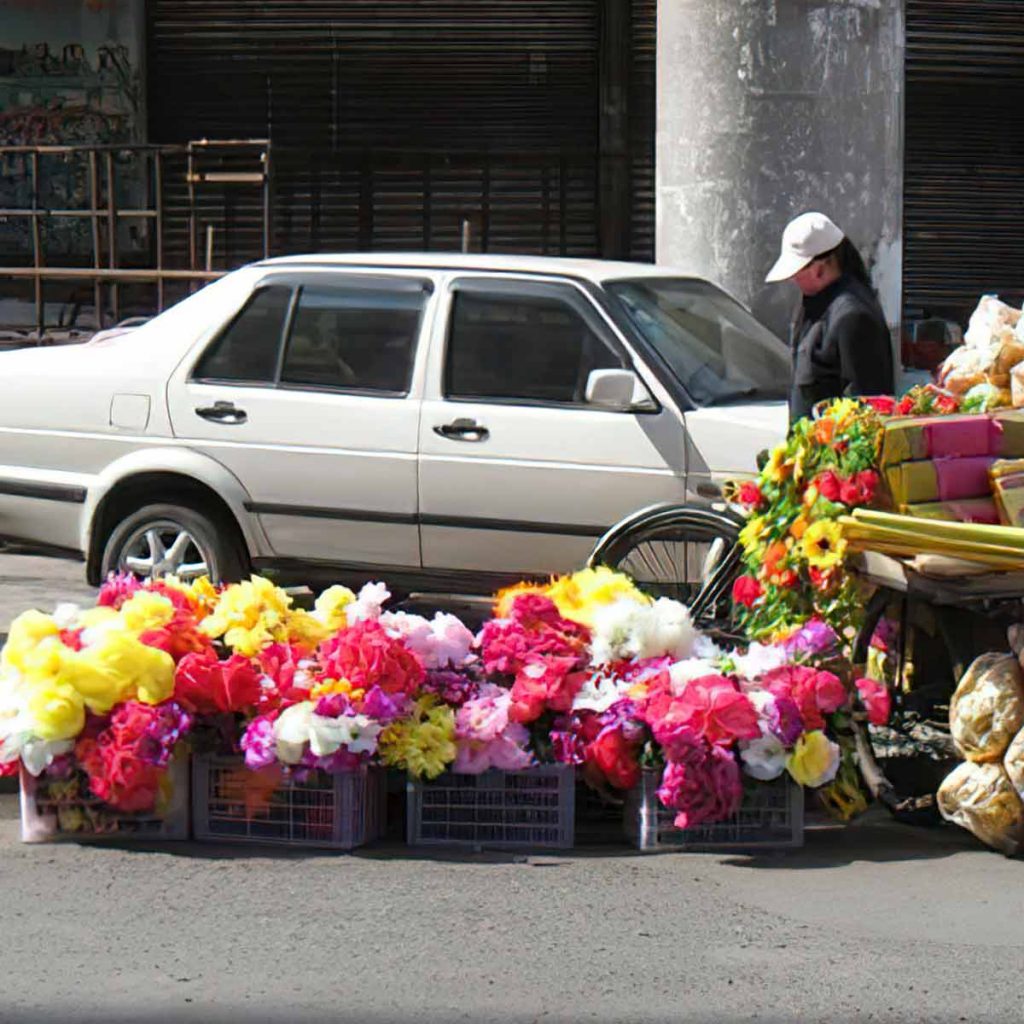
As a gay, clumsy, socially inept teetotaller, I sensed immediately my own status as an outsider among hetero social drinkers and seasoned bowlers.
I was helped by the fact my hand-eye coordination began and ended at the computer keyboard.
Nine out of ten times, I gutter-balled. And like the good sport I was, I took these losses bravely, grumbling and slinking back to my seat.
The other teachers offered praise and encouragement, but I was trailing behind in the scorecards—and I hadn’t even had a single drink!
Listening to my peers taunt one another and exchange playful digs, I realized that when it came to me, they were all pulling their punches.
It could have been an act of courtesy. It wasn’t like we were long-standing friends after all.
But when I really thought about it, it was probably also the fact they knew better than to kick a killjoy when he’s already down.
Fifty gutter balls later, I excused myself and trudged home through the bone-numbing cold.

III
Like many expatriate communities, my fellow teachers had formed a fraternity based on their status as outsiders looking in.
Membership in this fraternity required the daily trade of outrageous stories involving acts of cruelty or brutality; a trade that was always conducted in the spirit of oneupmanship.
Have you heard about the children who tied lit firecrackers to the tails of rats? What about the man who bricked a stranger in a drunken rage?
Discussions of corporate corruption, oppressive one-party rule, or the incompetence of government officials were so commonplace as to have become almost banal.
One time, my colleagues offered biting commentary about the 2008 Chinese milk scandal, in which a company was charged with adding melamine as a filler to baby formula.
Another time, they mocked the installation of giant perfumed fans during the Beijing Olympics, meant—apparently—to disguise the stench from an adjacent garbage dump.
As my coworkers looked down their noses upon the local populace, I in my supreme self-awareness looked down my nose at them.
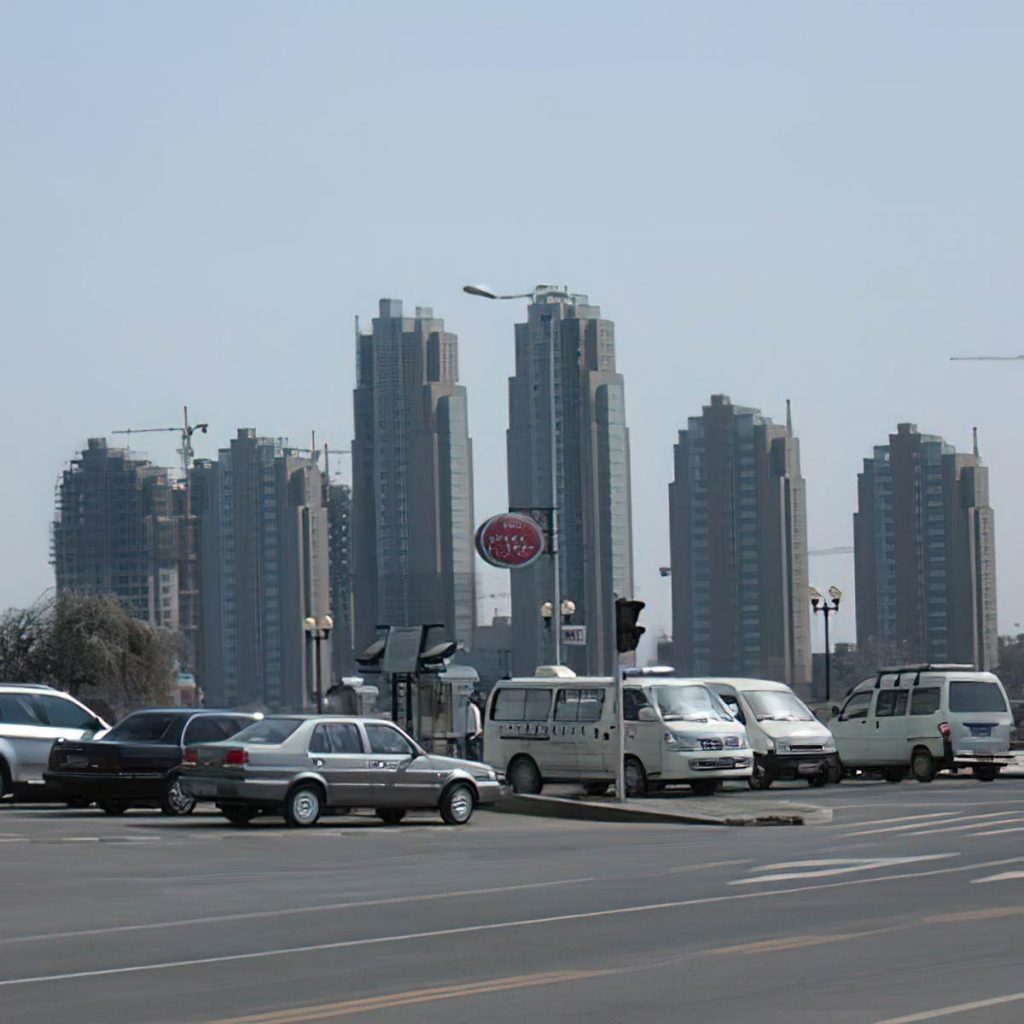
While they remained faultlessly polite, I desperately needed to find some reason to dislike them…if only to cover my own insecurities.
Special resentment was reserved for one individual in particular: fratboy-in-chief Trevor.
Tall, loud, and boyishly handsome, Trev, as he liked to be called, would often lean in one corner, as cool and casual as James Dean in khakis.
From this position, he would proceed to orate, relating foreign media news reports usually confirming his own negative biases about China.
“Did you hear about that case in Harbin where someone started stealing manhole covers?” he said one day.
“Turns out they were selling them for scrap metal. The police only noticed after someone fell into an open hole and died.”
The other teachers exchanged a round of knowing looks—the symbolic equivalent of an elbow jab.
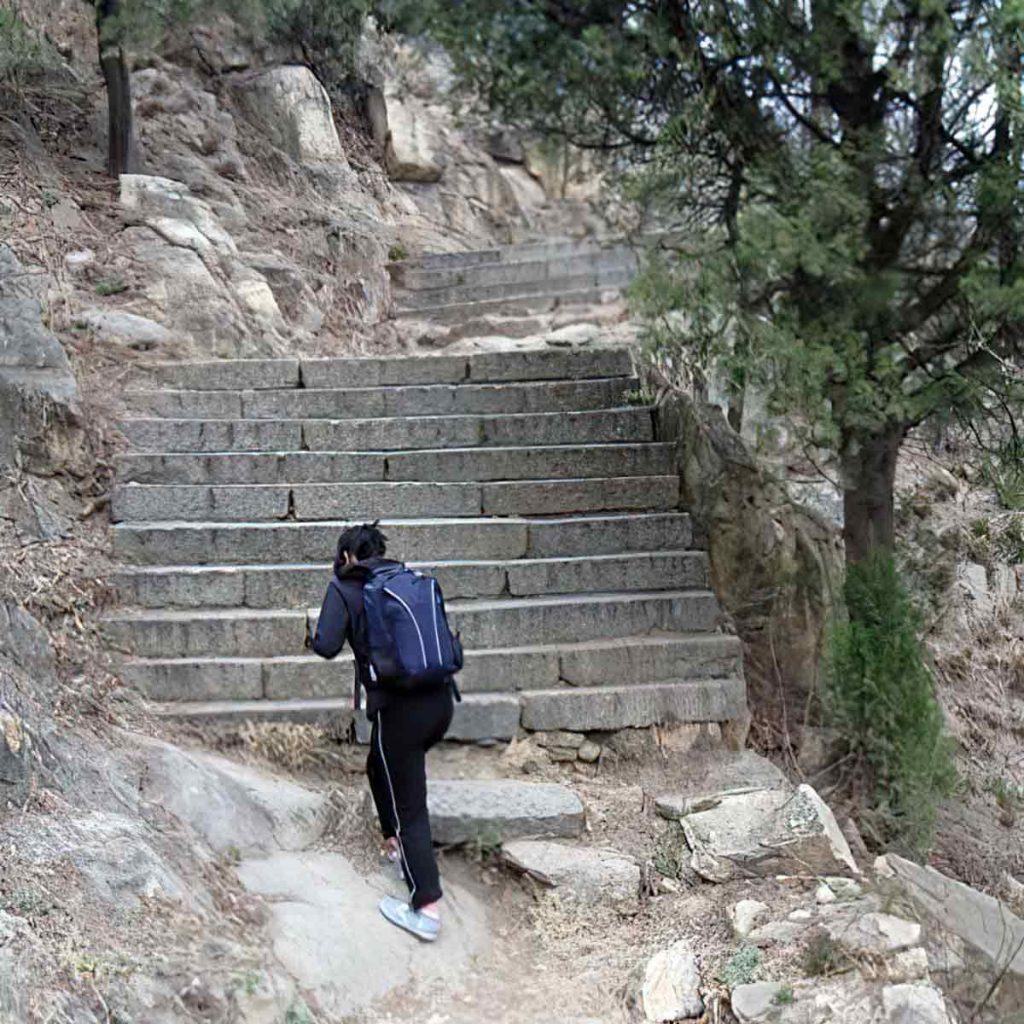
“That’s so f***ed up,” someone said.
“Doesn’t surprise me,” another added.
But if the shocks and scandals had ceased to outrage you—well, that was to be expected. People in China were, after all, not exactly trained to be civic-minded, but rather selfish to the point of sociopathy.
Trev’s accounts would inevitably inspire more, teachers piling on with scathing narratives until the idea of China-as-aggregate buckled under all the accumulated proof.
Sitting at my desk, I glowered at Trev, irritated not so much by his arrogance but by the fact he always seemed to be gloating.
“You think you’re so goddamn superior, don’t you?” I’d fume…silently. “You with your strapping physique, your perfect Aryan looks, your molasses voice.”
“If you hate living here so much, why don’t you just go home? It’s not like anyone’s stopping you.”
Listening to these hard-bitten accounts, day in and day out, one had to wonder. Any English speaker with a TESOL certificate and college degree could find ready employment in China.
For many, it was an easy gig with few responsibilities. An escape from the realities of life back home. A chance to disappear over the horizon.
Then again, wasn’t this more or less why I myself had come?

IV
My first months in China were spent with my backside firmly planted in an armchair, working my way through my book pile.
Occasionally, I would venture outside to visit a local park, restock my fridge, or hazard a restaurant meal—the latter of which often resulted in vomiting spells.
In my eagerness to avoid future illness, I removed eating out from my ever-narrowing list of things to do and started making all my meals at home.
But even this presented a challenge. Food labels were almost never in English, so vetting ingredients for potential cross-contamination was impossible.
And given how narrow the list of items I could safely eat was, I found myself forced to branch out and try such novel ingredients as dried fungus or Chinese red dates.
Using seasonings was a rather dicey proposition. The most widely available were fermented sauces such as soy, but as many contained wheat gluten, I avoided where I could entirely.
Even finding meat I was willing to eat was difficult. Most of it often came packaged bloody and with veins intact, a sight that had the effect of quelling all appetite.
After a period of experimentation, I managed to nail down a rotation of new dishes: shrimp and vegetable stir fry, goat curry, purple rice pudding, and potato-and-sweet-corn salad.
But eating the same meals over and over quickly grew tiresome. Worse still, none of them seemed to be particularly nutritional.
Weight fell from me like water. Cheekbones protruded, lending my face a gaunt aspect. A sty appeared on the bottom of one eyelid.

Three months in, I stood before my bathroom mirror, taking in my transformed appearance. According to the scales, I had already dropped a total of twenty pounds.
At my current rate, in 21 months’ time, I could expect to weigh exactly zero pounds. Which was, coincidentally, when I was due to finish my reading list.
Given that a weight of zero pounds and my future survival happened to be mutually exclusive things, it was probably safe to assume that I’d never achieve my goal.
I was torn. My trip to Europe had ended in failure, and I had been adamant from the outset that this one would not.
China was to have been my gap year; an opportunity to enjoy the kinds of formative experiences I knew I had hitherto missed out on.
But now, I was being sabotaged, and the culprit this time wasn’t a financial crisis, but my own body.
“Cutting yourself slack” wasn’t exactly an idea I kept in my ideological phrasebook. But given my current state of health, I really had no choice.
Once again, I was going to have to pack it in and return to Australia.
Confessions of a Control Freak continues with Part 6: “A treadmill of achievement”.

Essy Knopf is a therapist who likes to explore what it means to be neurodivergent and queer. Subscribe to get all new posts sent directly to your inbox.
© 2025 Ehsan "Essy" Knopf. Any views or opinions represented in this blog are personal and belong solely to the blog owner and do not represent those of people, institutions or organizations that the owner may or may not be associated with in professional or personal capacity, unless explicitly stated. All content found on the EssyKnopf.com website and affiliated social media accounts were created for informational purposes only and should not be treated as a substitute for the advice of qualified medical or mental health professionals. Always follow the advice of your designated provider.


